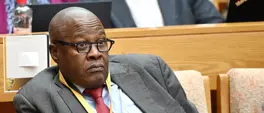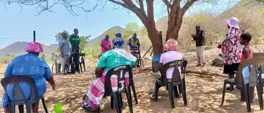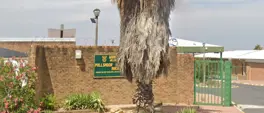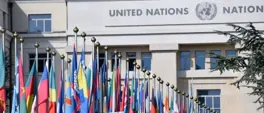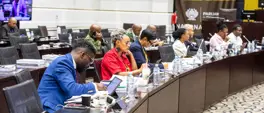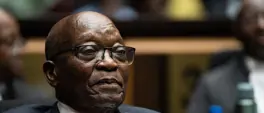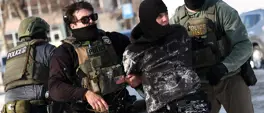Political violence kills almost 300 since Hasina's fall: rights group
AFP
2 November 2025 | 11:22A report by Odhikar, a Dhaka-based rights organisation, said at least 281 people had been killed in violence involving political parties from August 2024, when Hasina's rule ended and she fled to India, to September 2025.
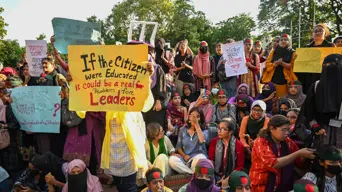
Anti-quota protesters hold placards during a demonstration on Dhaka University campus in Dhaka on 16 July 2024. At least five demonstrators were killed in Bangladesh on 16 July during violent clashes between rival student groups over quotas for coveted government jobs, police said, a day after more than 400 others were injured. Picture: AFP
DHAKA - Nearly 300 people have been killed in political violence in Bangladesh in the year since student-led protests toppled autocratic former leader Sheikh Hasina, the country's main human rights group said on Sunday.
A report by Odhikar, a Dhaka-based rights organisation, said at least 281 people had been killed in violence involving political parties from August 2024, when Hasina's rule ended and she fled to India, to September 2025.
On top of those, there were another 40 victims of extrajudicial killings who had been suspected of crimes, while another 153 were lynched, the quarterly report released last week said.
Odhikar director ASM Nasiruddin Elan said adherence to human rights had improved since the fall of Hasina's government but law enforcement agencies were still not being held accountable.
"Yes, we don't see the frequent extrajudicial killings or enforced disappearances that we witnessed during the Hasina era, but deaths in custody, bribery, and harassment of victims are still ongoing," Elan told AFP.
He said that "innocent people fall prey to atrocities"for their alleged involvement with the Awami League, Hasina's political party that is now banned.
Hasina's 15-year rule saw widespread human rights abuses, including the mass detention and extrajudicial killing of her political opponents.
The Odhikar report also said many people had fallen victim to extortion by political parties, regardless of their financial or social standing, in the year since Hasina's fall.
Those included the Bangladesh Nationalist Party, seen as the frontrunner in elections slated for February 2026, and the Anti-Discrimination Student Movement, which was credited with starting the protests that toppled Hasina.
Jamaat-e-Islami, Muslim-majority Bangladesh's largest Islamist party, was also included in reports of extortion, the report said.
Odhikar also said mob attacks had been relatively frequent during the period, mainly because of inefficient policing.
"Police have been used to achieve party interests and were given impunity, which eventually led them to kill and torture activists affiliated with the opposition,"the report said.
It said "the police largely became dysfunctional and lost their morale", after Hasina fell.
Bangladesh's interim government nor any of the political parties have responded yet to Odhikar's report.
Get the whole picture 💡
Take a look at the topic timeline for all related articles.
